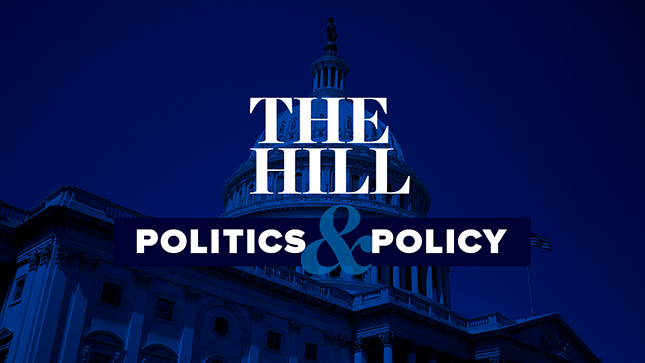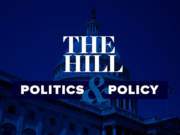Republicans on Capitol Hill are outraged by the announcement that the Department of Justice would stick with the Obama administration decision not to prosecute Lois Lerner. She, of course, was the face of the IRS scandal in which the tax agency delayed approvals of nonprofit status for conservative groups that were doing the same type of public education and voter mobilization that liberal groups have done for ages.
But congressional Republicans always set the bar both too high and too low when it came to the IRS’s actions. They set it too high in that they immediately declared that the scandal constituted criminal wrongdoing and too low by suggesting that the scandal hinged on a finding of criminal wrongdoing. The real problem was never one of a few rogue IRS employees engaging in criminality. Rather, the IRS scandal was about abuse of power by elected officials, who consciously sought to weaponize the IRS against their political adversaries.
It began in 2010, as President Obama started ramping up his 2012 reelection campaign and congressional Democrats feared major losses in the coming midterm elections. The president launched a public relations campaign to have the IRS investigate nonprofit organizations that were espousing conservative views and mobilizing voters, most notably the numerous, nascent “tea party” organizations. These organizations were doing what nonprofits such as the Sierra Club, Planned Parenthood and the NAACP have done for decades. But Obama repeatedly attacked the tea party organizations as “shadowy groups with harmless sounding names” engaged in a “corporate takeover of our democracy.”
Civil servants are just like everyone else. They respond to the boss’s exhortations, especially if they are sympathetic to those urgings, as Lerner likely was. Moreover, as I’ve outlined previously, the president was joined by numerous Democratic senators in demanding the IRS take aggressive action. Sen. Sheldon Whitehouse (D-R.I.) summoned Patricia Haynes, then deputy chief of criminal investigation at the IRS, before his subcommittee on terrorism and berated her for not criminally prosecuting conservative nonprofits.
Sen. Carl Levin (D-Mich.) wrote several letters to acting IRS Commissioner Douglas Shulman demanding investigations of nine specific conservative organizations, then announced that his Senate committee would hold hearings on the IRS’s “failure” to prosecute and investigate grassroots conservative organizations, hearings he had to put on hold when the IRS targeting scandal broke a few days letter. Sens. Dick Durbin (D-Ill.), Charles Schumer (D-N.Y.), Michael Bennet (D-Colo.), Al Franken (D-Minn.), Jeanne Shaheen (D-N.H.), Jeff Merkley (D-Ore.) and Tom Udall (D-N.M.) also improperly pressured the IRS to investigate specific conservative organizations.
In short, with Obama informing the civil service that he considered tea party organizations dangerous and a threat to democratic values and with leaders in the Senate majority placing intense pressure on the IRS to target conservative groups, IRS bureaucrats reacted by flagging these organizations and awaiting instructions from above. Applications by conservative groups were pulled aside, forwarded to a special unit in Washington, and disappeared into a black hole.
The IRS scandal is one of abuse of power, regardless of criminality. Obama and his Senate allies issued baseless accusations that ordinary, politically engaged citizens were violating the law en masse, improperly pressuring the IRS to hamper their lawful activities. The IRS, unfortunately, took their threats to heart. A 2013 study by researchers at the Harvard Kennedy School of Government and Stockholm University concluded that the IRS harassment of tea party groups cost Mitt Romney between 5 million and 8.5 million votes in 2012 versus Obama’s 5 million vote margin of victory. It is hard to believe that this was not the intent of Obama and the Democratic senators who pressured the IRS to target tea party organizations, freezing their activities.
In the end, Lerner is something of a sideshow. The real problems are first, the president and leaders in Congress should not use their power to pressure the bureaucracy to do their partisan bidding, and second, if you give government the tools to regulate political speech, the government will weaponize them for partisan gain by the party in power. No “criminal” behavior is necessary. That, and not the tea party, is what threatened democracy then and now. Too bad that’s not the IRS scandal Congress chose to focus on.
This post originally ran in The Hill on October 10th 2017.














